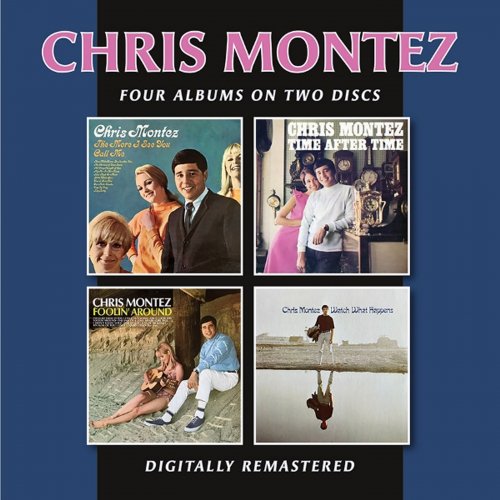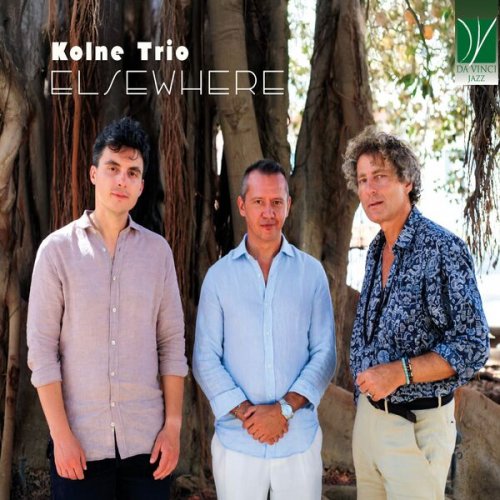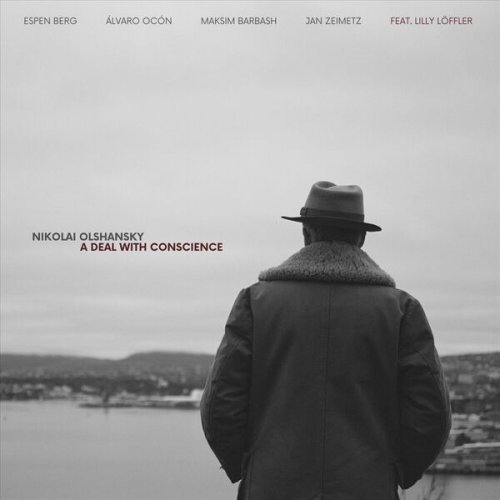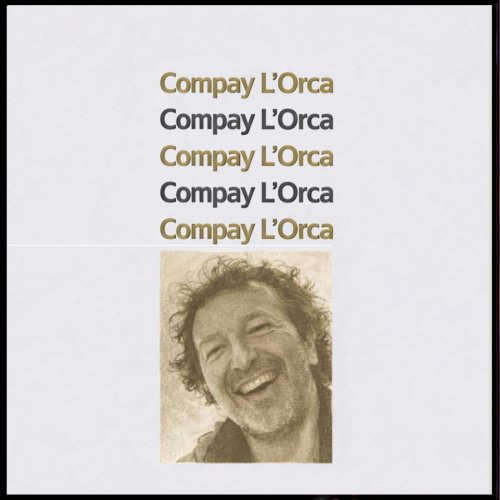Prince Buju - We Are In The War (2015)

Artist: Prince Buju
Title: We Are In The War
Year Of Release: 2015
Label: Makkum Records
Genre: World
Quality: FLAC
Total Time: 47:42
Total Size: 297 MB
WebSite: Album Preview
Tracklist:Title: We Are In The War
Year Of Release: 2015
Label: Makkum Records
Genre: World
Quality: FLAC
Total Time: 47:42
Total Size: 297 MB
WebSite: Album Preview
A1 – Afashee
A2 – In The War
A3 – Genego Abem (Tengan Yo-Re)
A4 – I am Accused (Nazareth)
A5 – Lawona Foo (Teba Tola De La-Ra)
B1 – Bongo Sa-Abodaana (Aposarega Buekengo)
B2 – Poore Tolege
B3 – Abiire Bongo Akambo-Se
B4 – Assala Bo-Lom
Prince Buju has a rough and direct voice and is singing emotional songs about loss and disaster, about war and hate and he is telling the people that they should realise and change their ways. It’s 2015 and with only two strings and one grinding voice he cuts through borders and languages and reaches the rest of the world.
“I began to play kologo when I was very young. My mum broke it into pieces and said that I should go to school and learn so that my interest will not be in the kologo alone. It was after she passed away, that was on the third of March 1994, that I again set to make my Kologo and started playing. I play and weep when I remember my parents. Most time this has become the main inspiration leading to my unstoppable performance on stage.”
Prince Buju released his first cassette in 2011 called “Roots and Culture Music”. Most of those songs now appear on the album (LP and CD) called “We Are In The War” (MR 13 / RW015, 2015).
Prince Buju is part of a vibrant kologo scene in Accra based around King Ayisoba’s bar in North Kanishie (a neighbourhood in Accra). Here many kologo players gather in the end of the afternoon and often they play music for each other, visitors and friends until midnight. The kologo is the main and typical instrument for the Frafra people that come from the North East Region of Ghana, with Bolgotanga as the capital. Bongo is an area near Bolgotanga and from there Prince Buju and many other great kologo players originate. Some moved to Accra to bring their traditional music to another level, mixing the Frafra language with English and Twi. King Ayisoba became a big star in Ghana with a number one hit song. Prince Buju, Ayuune Suley, Sambo, Guy One and many more will try to follow that path but develop their own original style as well. Prince Buju has a rough and direct voice, singing emotional songs about loss and disaster, about war and hate and he is telling the people that they should realise and change their ways. It’s 2015 and with only two strings and one grinding voice he cuts through borders and languages and reaches the rest of the world.
“I began to play kologo when I was very young. My mum broke it into pieces and said that I should go to school and learn so that my interest will not be in the kologo alone. It was after she passed away, that was on the third of March 1994, that I again set to make my Kologo and started playing. I play and weep when I remember my parents. Most time this has become the main inspiration leading to my unstoppable performance on stage.”
Prince Buju released his first cassette in 2011 called “Roots and Culture Music”. Most of those songs now appear on the album (LP and CD) called “We Are In The War” (MR 13 / RW015, 2015).
Prince Buju is part of a vibrant kologo scene in Accra based around King Ayisoba’s bar in North Kanishie (a neighbourhood in Accra). Here many kologo players gather in the end of the afternoon and often they play music for each other, visitors and friends until midnight. The kologo is the main and typical instrument for the Frafra people that come from the North East Region of Ghana, with Bolgotanga as the capital. Bongo is an area near Bolgotanga and from there Prince Buju and many other great kologo players originate. Some moved to Accra to bring their traditional music to another level, mixing the Frafra language with English and Twi. King Ayisoba became a big star in Ghana with a number one hit song. Prince Buju, Ayuune Suley, Sambo, Guy One and many more will try to follow that path but develop their own original style as well. Prince Buju has a rough and direct voice, singing emotional songs about loss and disaster, about war and hate and he is telling the people that they should realise and change their ways. It’s 2015 and with only two strings and one grinding voice he cuts through borders and languages and reaches the rest of the world.
or
or
![Soothsayers - Fly Higher (2026) [Hi-Res] Soothsayers - Fly Higher (2026) [Hi-Res]](https://www.dibpic.com/uploads/posts/2026-01/1769615946_ekj1m8f2kpbpa_600.jpg)
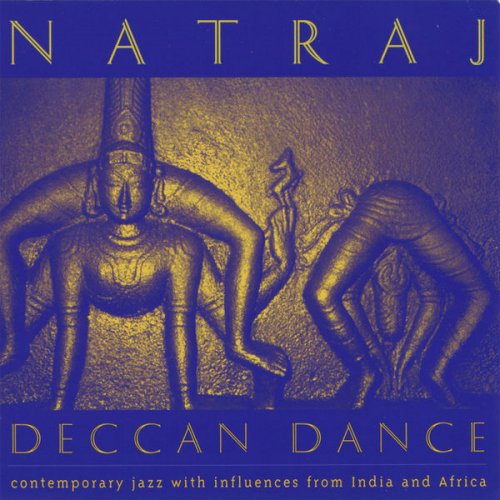
![Martin Wind - Stars (2026) [Hi-Res] Martin Wind - Stars (2026) [Hi-Res]](https://www.dibpic.com/uploads/posts/2026-01/1769707781_cover.jpg)
![Sixun - Best Of Sixun (2026) [Hi-Res] Sixun - Best Of Sixun (2026) [Hi-Res]](https://www.dibpic.com/uploads/posts/2024-09/1727403610_jwb1ijh3qtyqb_600.jpg)
![Clifford Brown & Max Roach - Clifford Brown And Max Roach (1955/2026) [Hi-Res] Clifford Brown & Max Roach - Clifford Brown And Max Roach (1955/2026) [Hi-Res]](https://www.dibpic.com/uploads/posts/2026-01/1769716785_cover.jpg)
